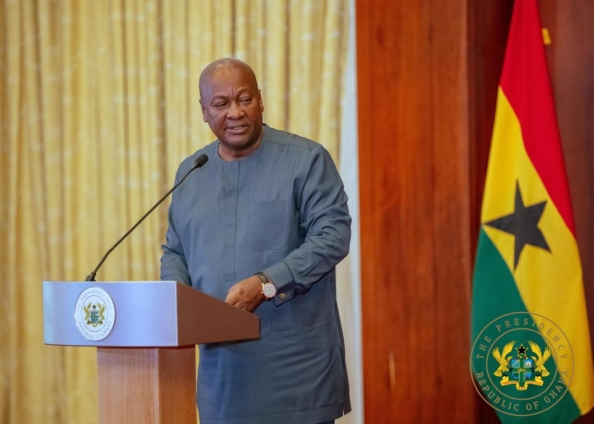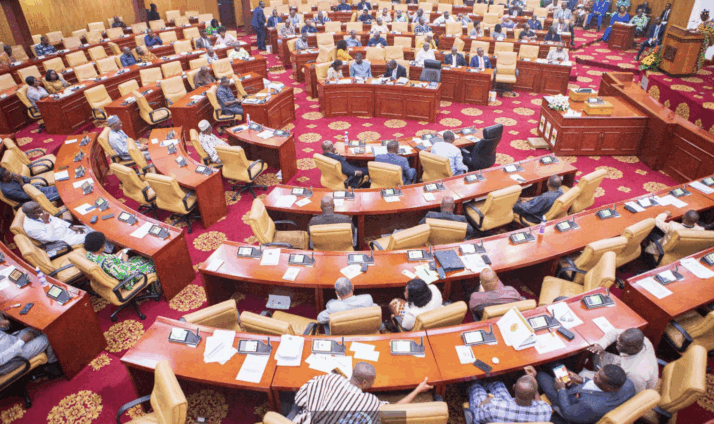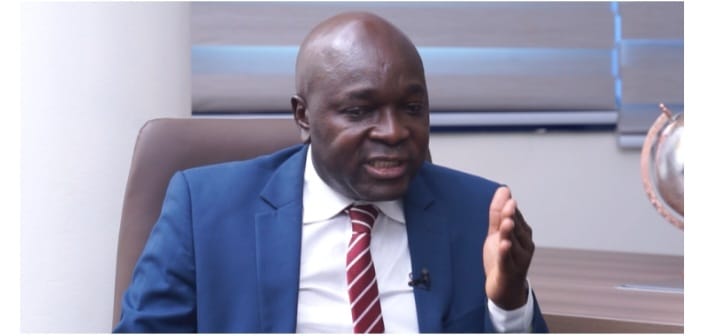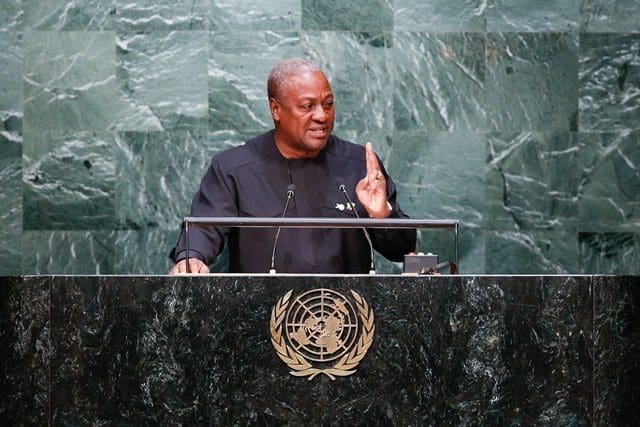President John Dramani Mahama will host a high-level Africa Health Sovereignty Summit in Accra on August 5, part of a growing movement by African leaders to assert greater control over global health governance and accelerate continent-wide health reforms.
Themed “African Health Sovereignty in a Reimagined Global Health Governance Architecture,” the summit is expected to draw several African Heads of State, international public health officials, and development finance partners. Discussions will center on advancing Africa-led strategies to shift away from aid-dependent models and toward structurally independent health systems.
According to a statement from Presidential Spokesperson Felix Kwakye Ofosu, the conference will mark the formal launch of The Accra Initiative, an African-led framework aimed at realigning global health governance with local priorities.
Key announcements are expected to include:Formation of a Presidential High-Level Panel to craft a new roadmap for reforming global health governance;
Introduction of the SUSTAIN Initiative, a platform to mobilize domestic investment and partnerships to strengthen national health systems;
Adoption of the Accra Compact, a continent-wide declaration committing African governments to a shared vision of health sovereignty and equity in global health frameworks.
Mahama, who has positioned himself as a vocal advocate for African self-reliance in public health, criticized current global health structures as “outdated and misaligned with Africa’s demographic and economic realities.”
“Africa must take charge of its health destiny—not in isolation, but through determined, coordinated action,” Mahama said in remarks released ahead of the summit. “We must reshape the rules that govern global health—rules that must reflect the voices and realities of our people.”
The summit reflects broader efforts by African policymakers to reduce reliance on external donors and prioritize continent-driven solutions to public health challenges, especially in the wake of the COVID-19 pandemic and subsequent vaccine access disparities.












